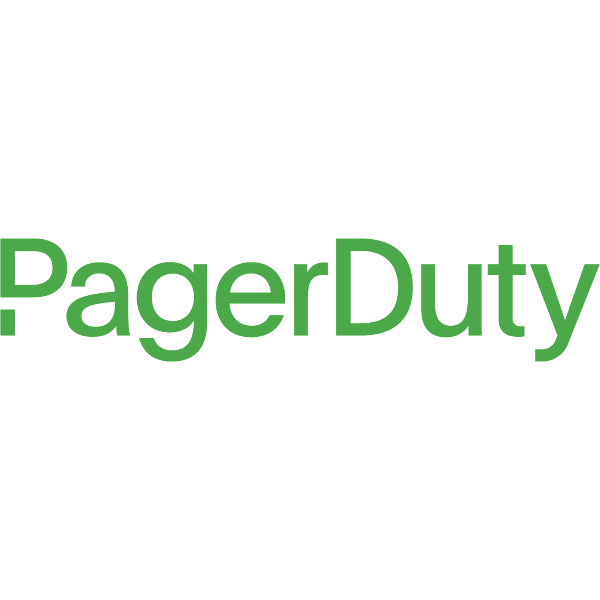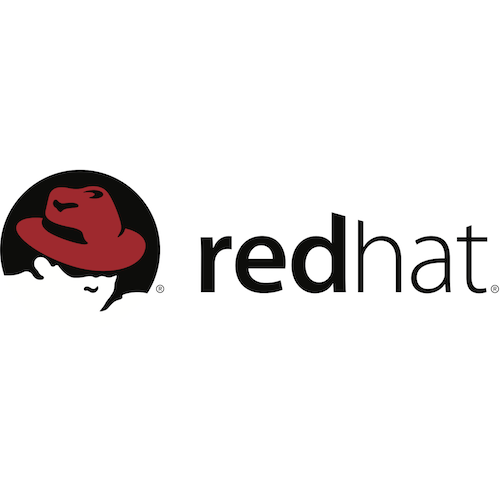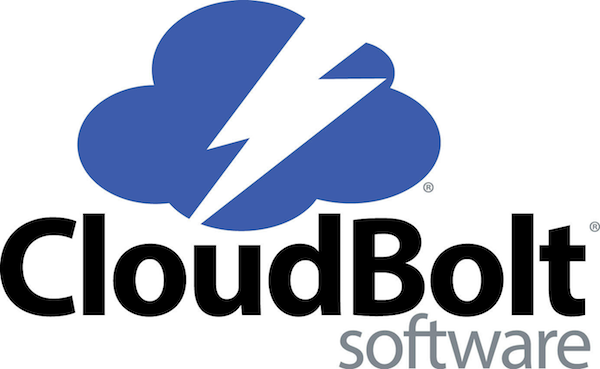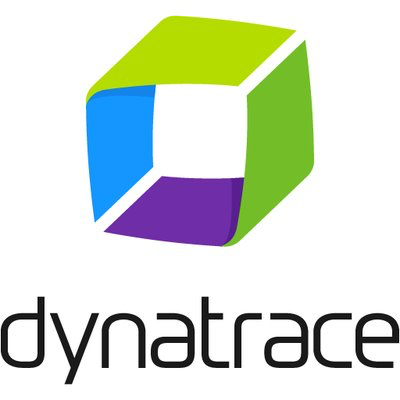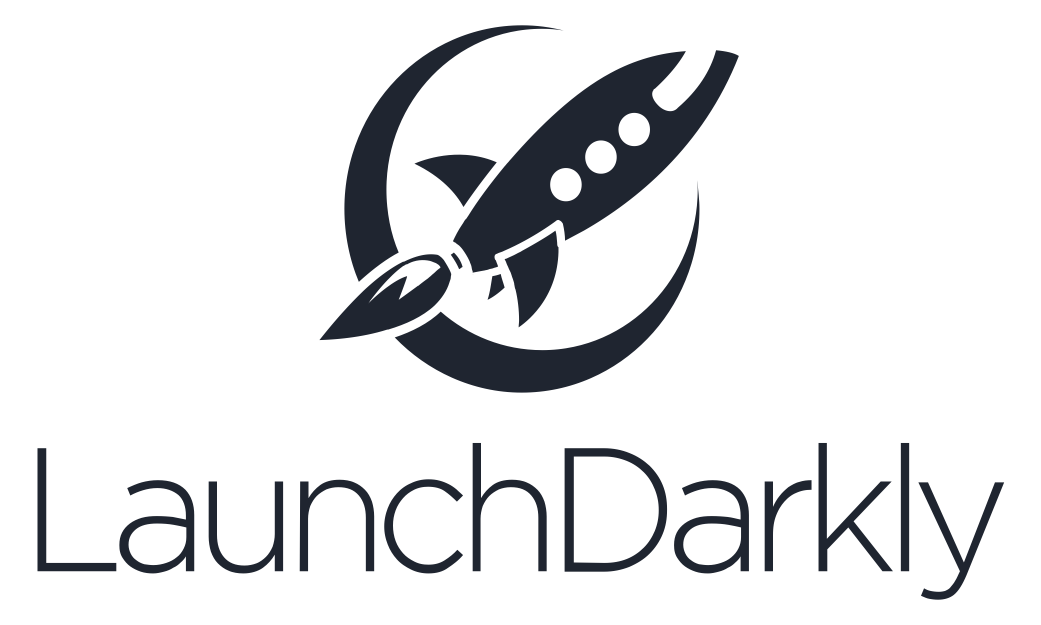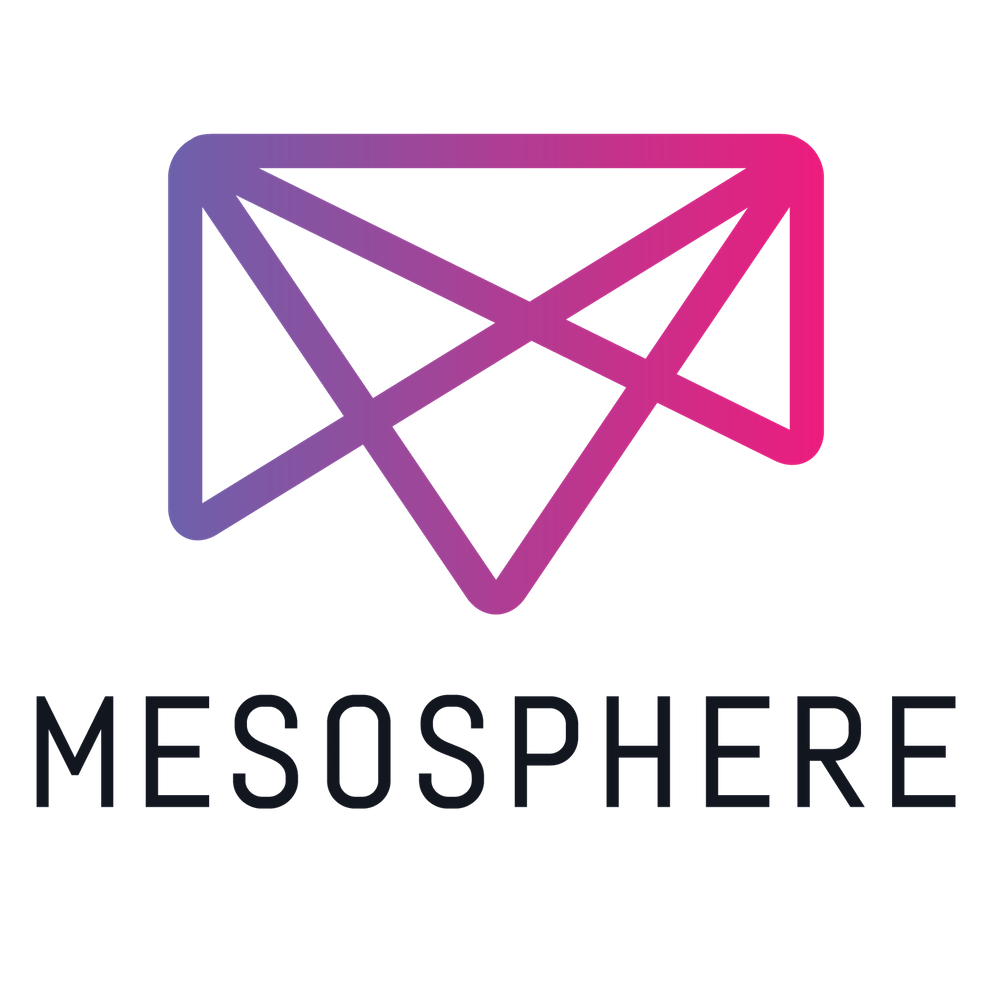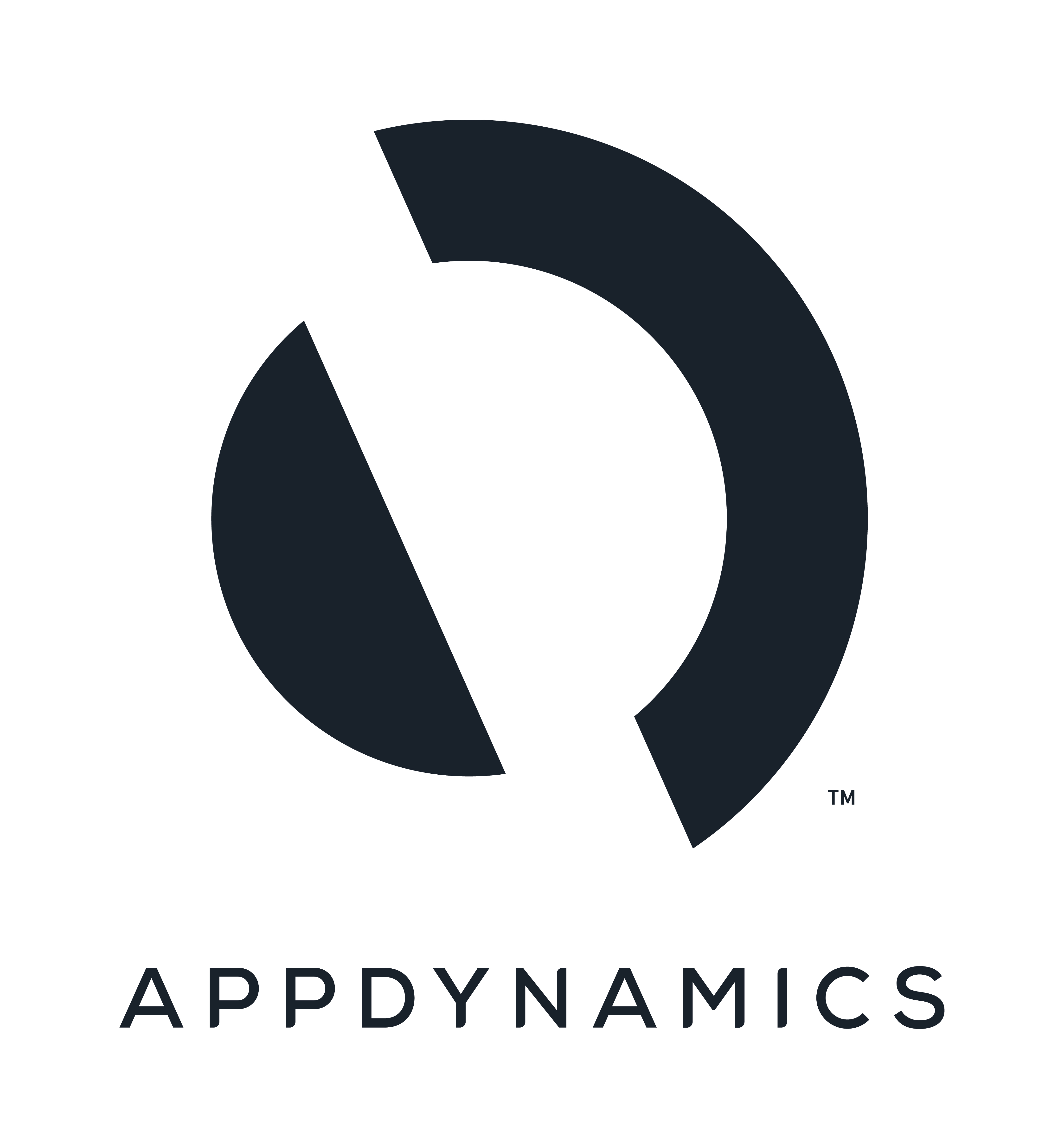From Intent to Impact
Everyone wants the shiniest new tech tools. As we iteratively improve, we can see how flawed our existing environments are, which leads us to action. But are we really taking the time to understand why “devops” matters or what it means for us (since everyone has a definition or three)? Do we know what kind of future we’re building?
We get excited about technical solutions that may diminish the challenges we face, but we need to start by examining our existing mentalities and underlying cognitive biases. If your team isn’t focused on the “breaking down silos”, “we are all in this together”, and “everyone’s voice should be heard and contributing to our environment” mentality, tools may just bring these problems to a head. Tech alone doesn’t create collaborative environments and change outcomes. Plot twist: adding tools may perpetuate existing problems, reinforcing any unexamined assumptions or power structures. (Let’s talk about heavy-weight process and gatekeepers, or about the difference between equality and equity!)
Whether we’re looking at cross-team collaboration, inclusive environments, or a devops transformation, we need to start with the underlying human interactions. How are we challenging our biases every day and facing them head-on to create an environment where everyone can (and wants to) contribute? Remember, these problems already exist. Not talking about them won’t make our biases go away. We need to start examining how we interact with one another and acknowledging our thoughts and actions; let’s move from good intentions to positive impact.
Speaker

Lanice Sims
Lanice Sims is a Business Development Representative at GitLab. Her BS degree emphasis was in neuroscience. After college, she discovered her next big love was technology. She’s been participating in ...









